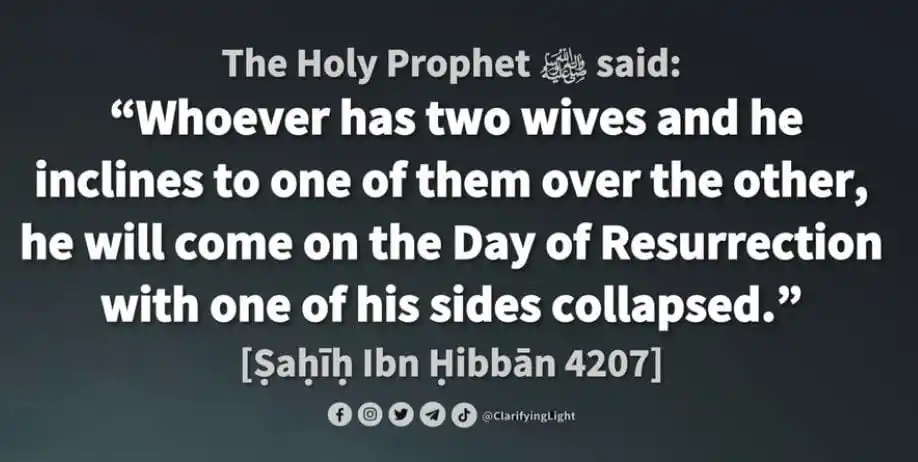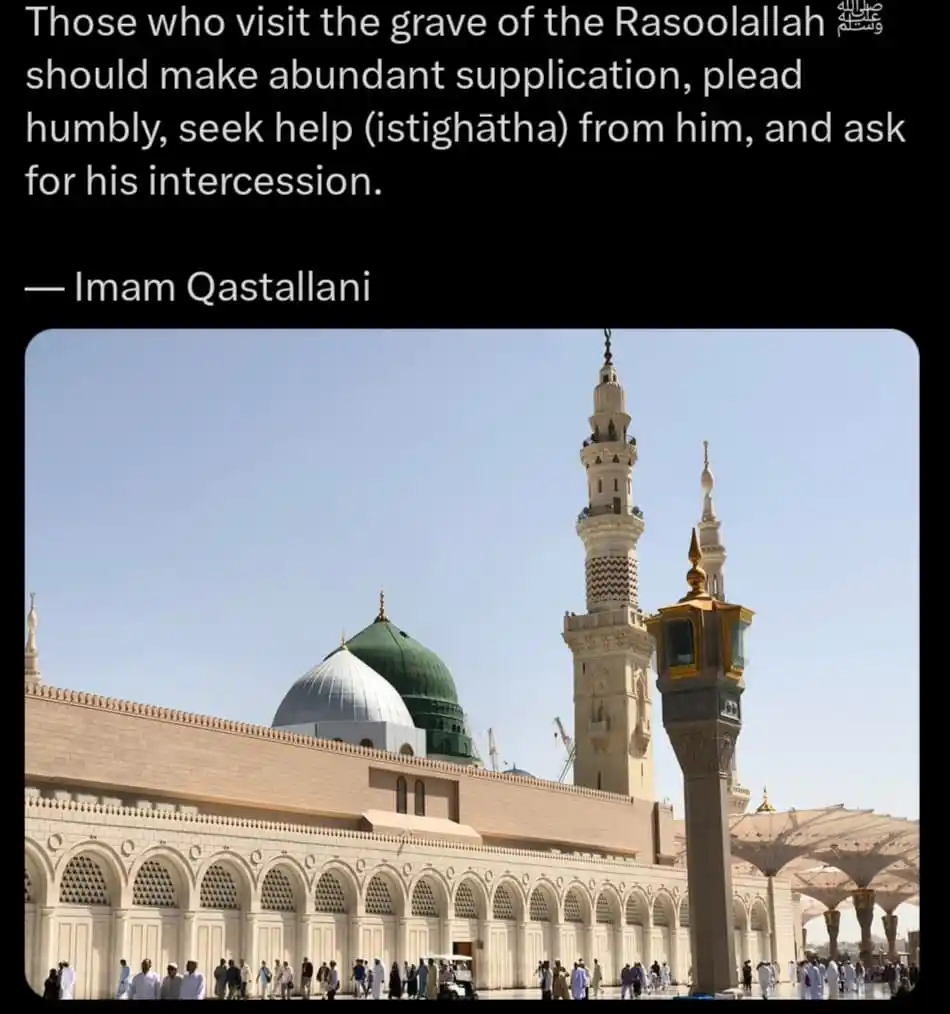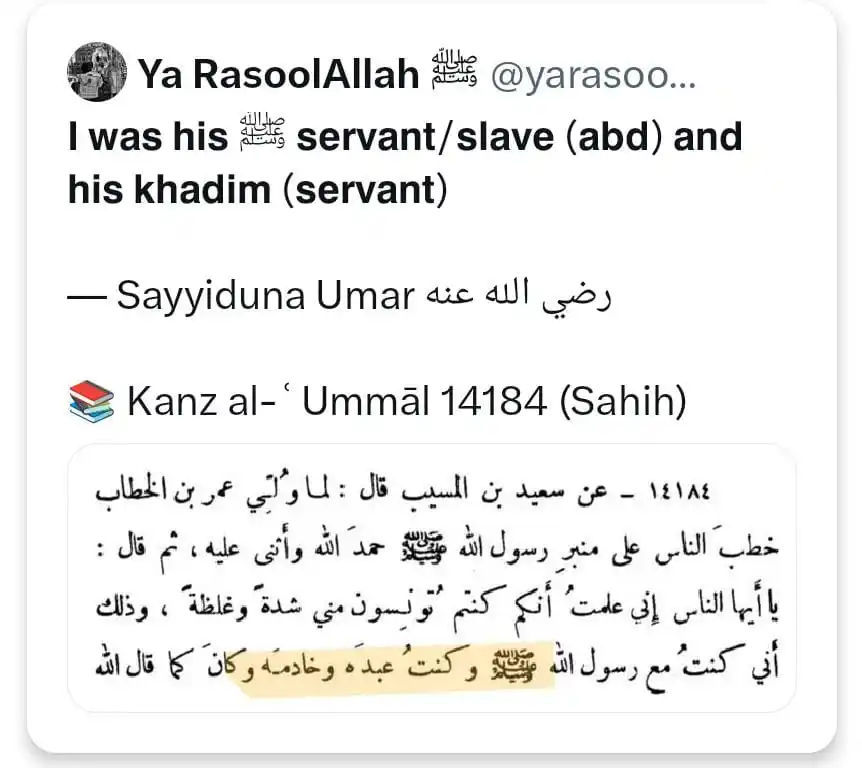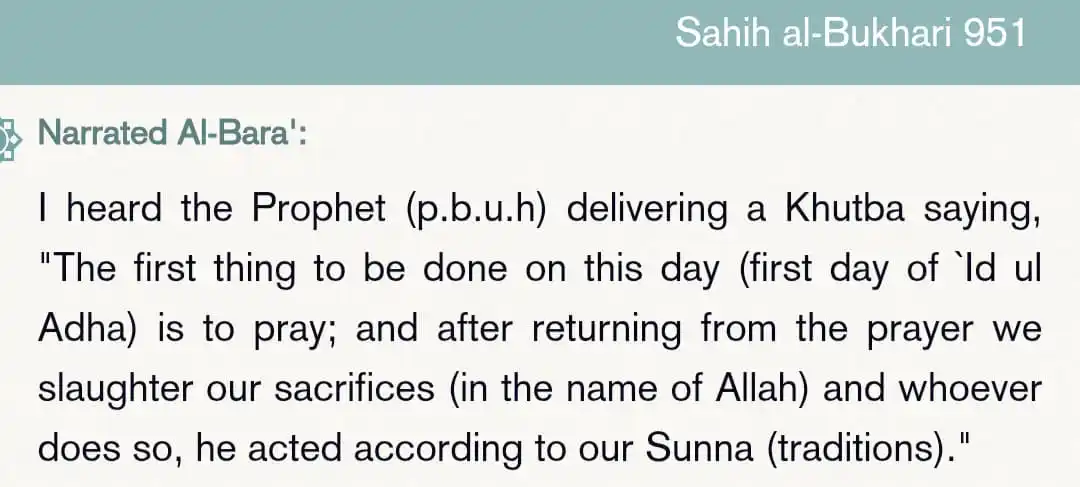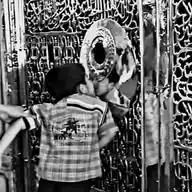
Ya RasoolAllah ﷺ
18 subscribers
About Ya RasoolAllah ﷺ
And If when they (people) do injustice to their own souls (by committing sins), they should then present themselves in your august court, O Beloved — 4:64 You can Follow us on X https://x.com/yarasoolallahh
Similar Channels
Swipe to see more
Posts

Imām al-Būṣīrī’s Qaṣīdah al-Burdah contains istighāthah — and all Sunnīs across the globe, from East to West, are united in accepting it. Those who object to istighāthah can simply cope. The Burdah is the most celebrated poem in the entire world. Allāhu Akbar.

O people! See what Shah Waliullah Sahib Alaihir Rehmah wrote : O the people of play! O the slaves of wealth! O the servants of this World! Do you still want to consider saying, 'Abd al-Nabi, 'Abd al-Mustafa, 'Abd al-Rasul — as Shirk?” 📚 Imam Ahmad Raza in his book — Al-Amnu Wa al-‘Ulā

Poem of Hazrat Amir bin Akwa رضي الله عنه (Sahaba) “Ya RasoolAllah, Pardon us for what we have committed, and send calmness on us. Make our feet firm when we meet our enemy and we are in need of your mercy.” 📚 Sahih Bukhari 4196 Tafsir of Sahih al-Bukhari by Imam Qastallani, a renowned Muhaddith of the 10th century Hijri He writes : "The second person in these verses is the Prophet". This is because it is not possible to use “sacrifice” (Fidā), to Allah. This is because scholars have said “sacrifice” is used in situations when one takes the place of another who is in difficulty, to remove the harm another and take it upon oneself. This of course cannot apply to Allah. In other words, it means, "O Prophet! If we neglected in fulfilling your rights and helping you then forgive us." The words "O Allah!" are not for Du'a, but an introductory word. [End] 📚 Irshād al-Sāri li Sharh Sahih al-Bukhari, vol 13, pg 566-770


Ibn Qudāmah (d. 620), in his famous work “al-Mughnī”, advises the visitor to say: “I have come to you seeking forgiveness for my sins, seeking your intercession with my Lord. O Lord, grant me forgiveness as You have granted it to those who visited him while he was alive....”
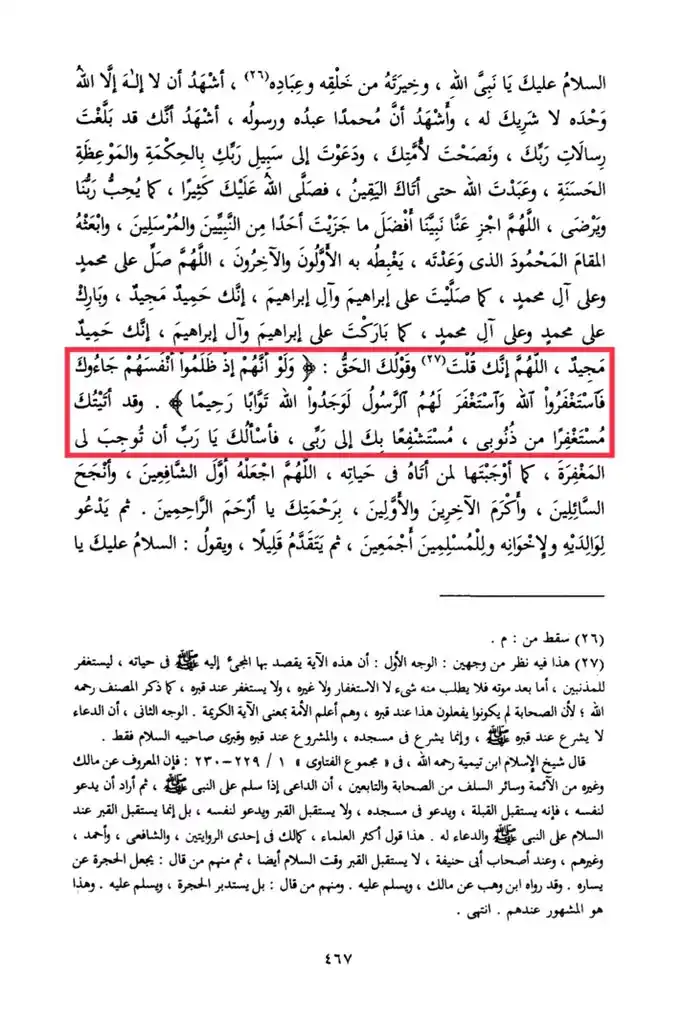

https://twitter-thread.com/t/1930576462425260355 *Thread on Ilm-e-Gaib [Knowledge of Unseen] of RasoolAllah ﷺ*

In the Battle of Tabuk, the companions were suffering from extreme hunger. At that moment, Umar (RA) performed istighatha by turning to the Prophet ﷺ The Prophet ﷺ accepted this call for help, made du'a, and Allah placed barakah in the food
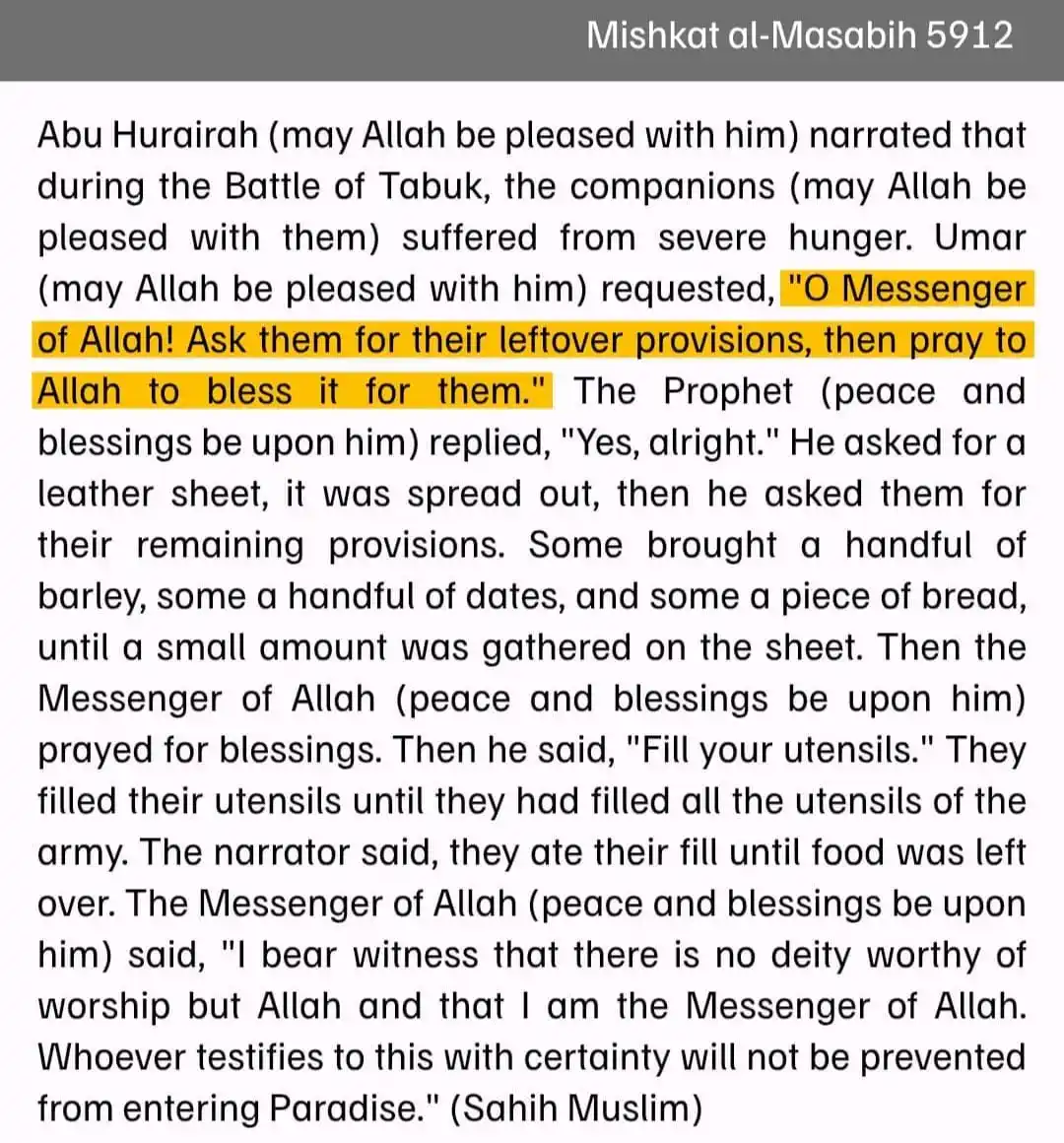

Imām ash-Shāfiʿī said, “I prefer for a man to limit himself to one wife, even though it is permissible to have more, due to the saying of the Almighty: ‘But if you are afraid you will fail to maintain justice, then content yourselves with one,’” (4:3). [Al-Bayān fī Madhhab al-Imām al-Shāfiʿī, 11/189]
